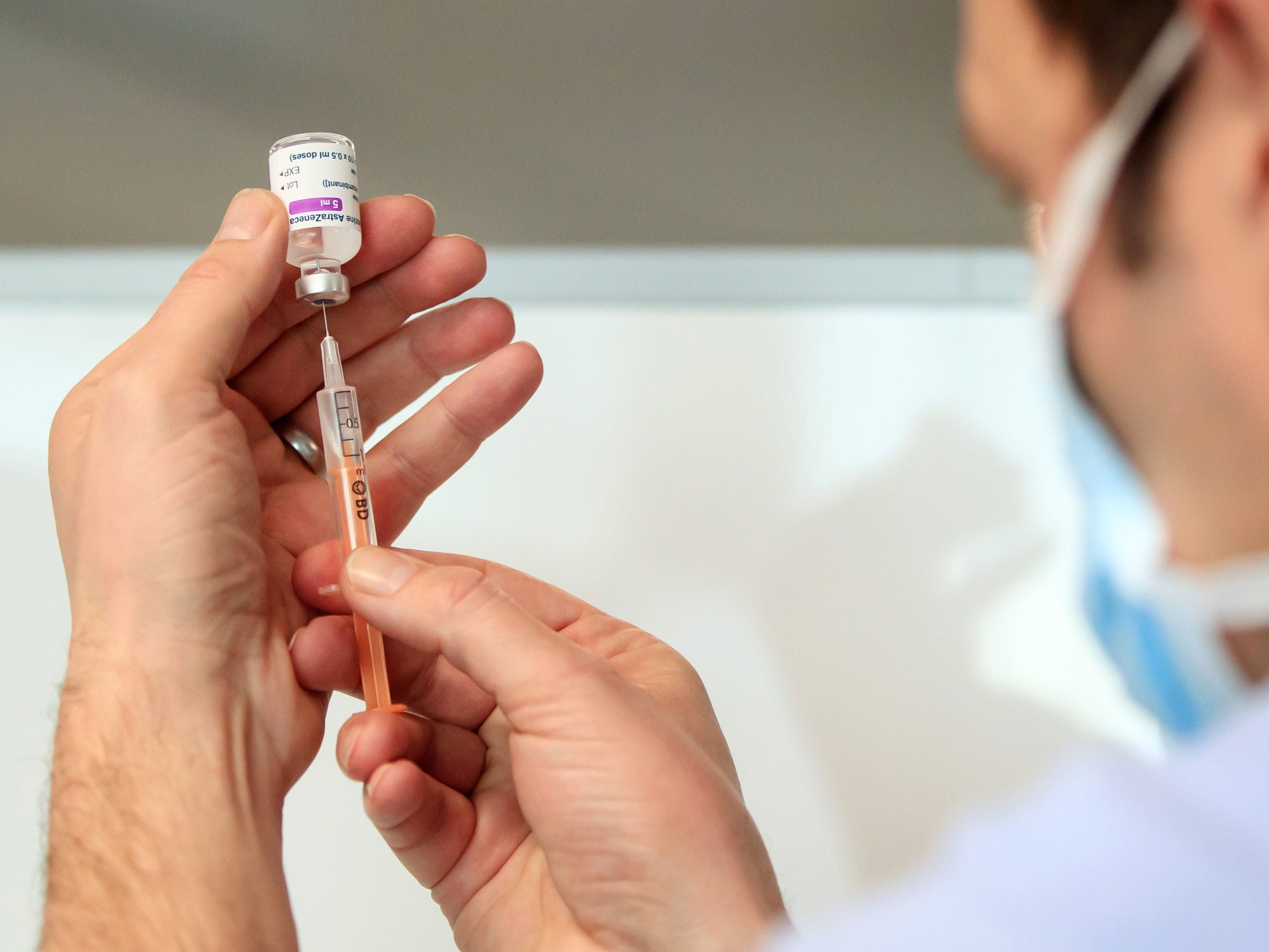Just over half of British Indians would get Covid vaccine, survey shows
Some respondents feel they are not informed enough, while significant proportion feel others need jab more than them

Your support helps us to tell the story
From reproductive rights to climate change to Big Tech, The Independent is on the ground when the story is developing. Whether it's investigating the financials of Elon Musk's pro-Trump PAC or producing our latest documentary, 'The A Word', which shines a light on the American women fighting for reproductive rights, we know how important it is to parse out the facts from the messaging.
At such a critical moment in US history, we need reporters on the ground. Your donation allows us to keep sending journalists to speak to both sides of the story.
The Independent is trusted by Americans across the entire political spectrum. And unlike many other quality news outlets, we choose not to lock Americans out of our reporting and analysis with paywalls. We believe quality journalism should be available to everyone, paid for by those who can afford it.
Your support makes all the difference.Only a little over half of British Indians say they would get a coronavirus vaccine, according to research.
Some 56 per cent of British Indians said they would take up a vaccine when asked by the 1928 Institute, a new think tank led by academics from the University of Oxford.
However, 31 per cent were unsure, while 13 per cent said they would decline a jab, the online poll of 510 respondents found.
The think tank said much of this stemmed from people feeling they were not informed enough about the vaccines, while a significant proportion felt other people deserved to receive a vaccine more.
The researchers are calling for an urgent public health campaign and funding, with messaging in different languages and co-produced with community leaders to assuage doubts.
The government should also widely share information on how it is helping poorer countries distribute vaccines, given that several participants said vulnerable people and those in poorer countries should take priority, they said in their report.
British Indians are the largest ethnic minority group in the UK. Analysis of surveillance data by Public Health England shows death rates from Covid-19 are highest among people of black and Asian ethnic groups.
The report, titled Vaccines, the pandemic, and British Indians, brings together data from the British Indian Census survey in 2020, focus groups, and its own online survey in December, covering contributions from more than 2,000 British Indians.
It notes that the rapid development of newly approved coronavirus vaccines "brings a much-needed source of hope whilst for others this is a source of anxiety".
The findings echo those published by the Royal Society of Public Health in December, which found Asian communities were least likely to take a Covid-19 vaccine (55 per cent compared to 79 per cent of white respondents).
Almost one-fifth (19 per cent) of those polled by the 1928 Institute who said they were unsure or would decline a vaccine said this was because "other people need the vaccine more than me".
Women were less likely than men to say they would accept a vaccine, with concerns that this could make them less fertile.
There is no evidence to suggest Covid-19 vaccines will affect fertility, leading doctors said this week.
Dr Nikita Ved, co-founder of the 1928 Institute and research fellow at Oxford University, said: "It seems that the Indian/south Asian population in general have been really falling prey to [misinformation] through things like WhatsApp forwards and fake news.
"And a lot of it seems to be directed at fertility, which is, I think, very interesting because there is no evidence to suggest that the vaccine causes fertility issues. There's nothing to say that at all. This has not been proven.
"And so it's just preying on people's fears and insecurities because of course, again, not just within the Indian community but across many communities, infertility is still somewhat stigmatised."
NHS doctor and TV presenter Dr Ranj Singh said he was worried about the number of British Indians who appeared reluctant to get vaccinated.
He said: "This needs to change, and that starts with trying to understand why. This overdue report goes a long way to finding out those reasons, and will be instrumental in helping us find the solutions we desperately need."
Additional reporting by PA





Join our commenting forum
Join thought-provoking conversations, follow other Independent readers and see their replies
Comments